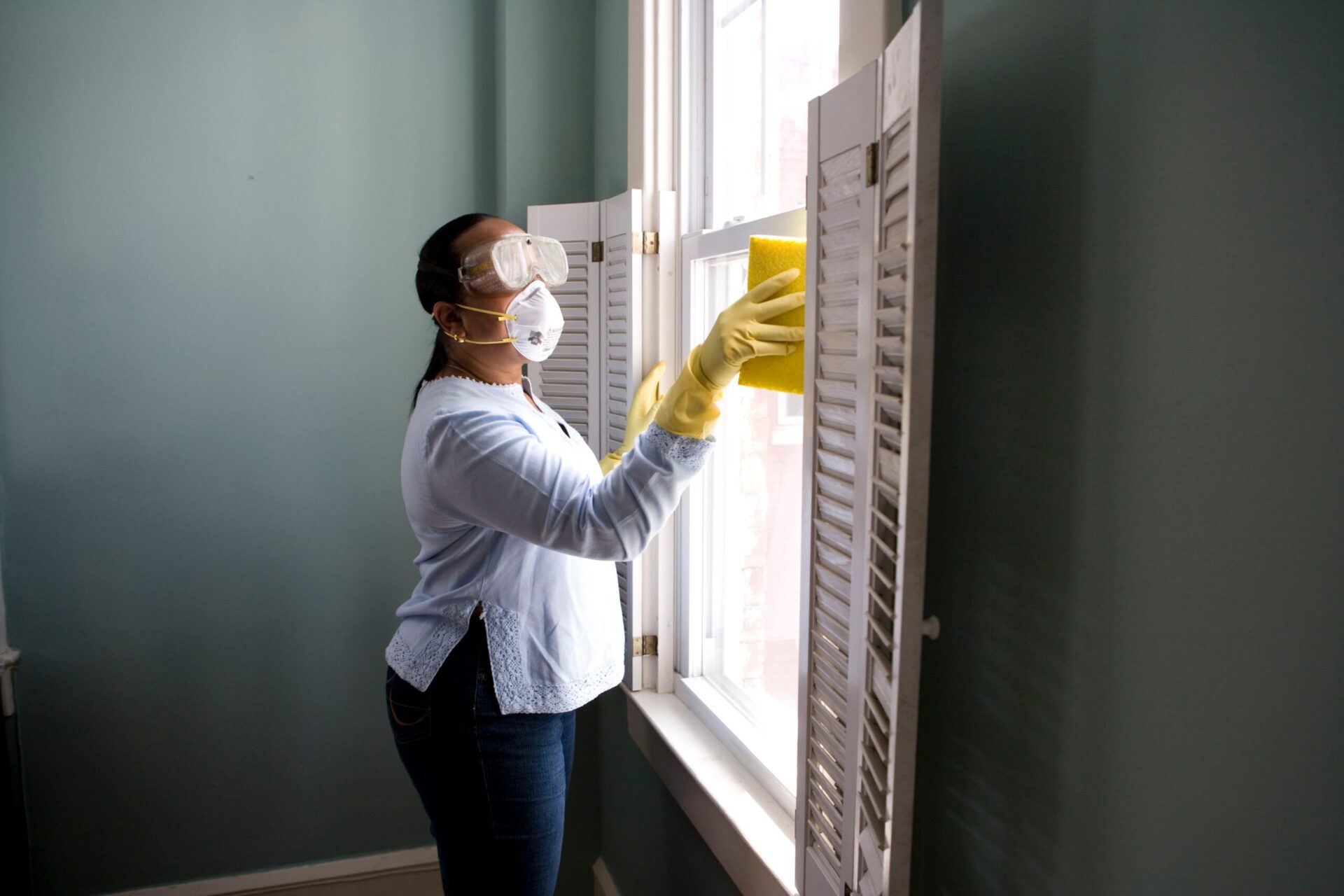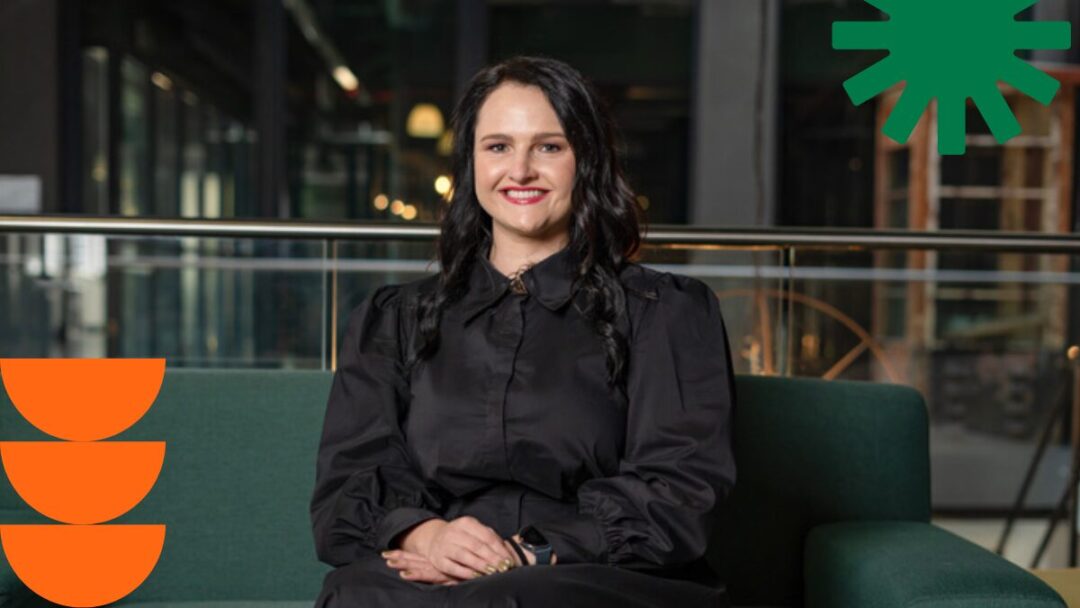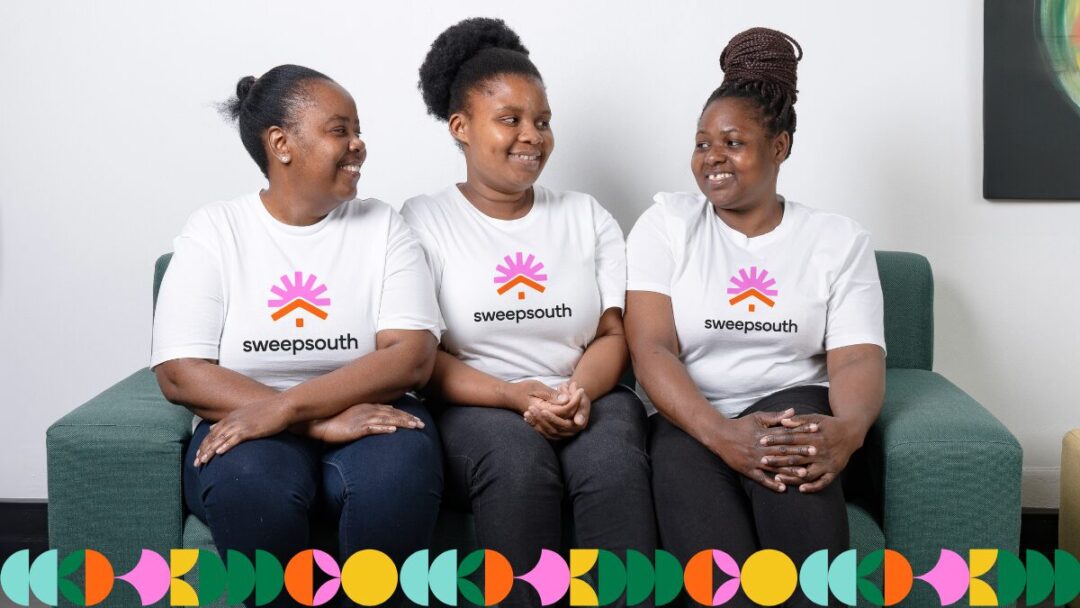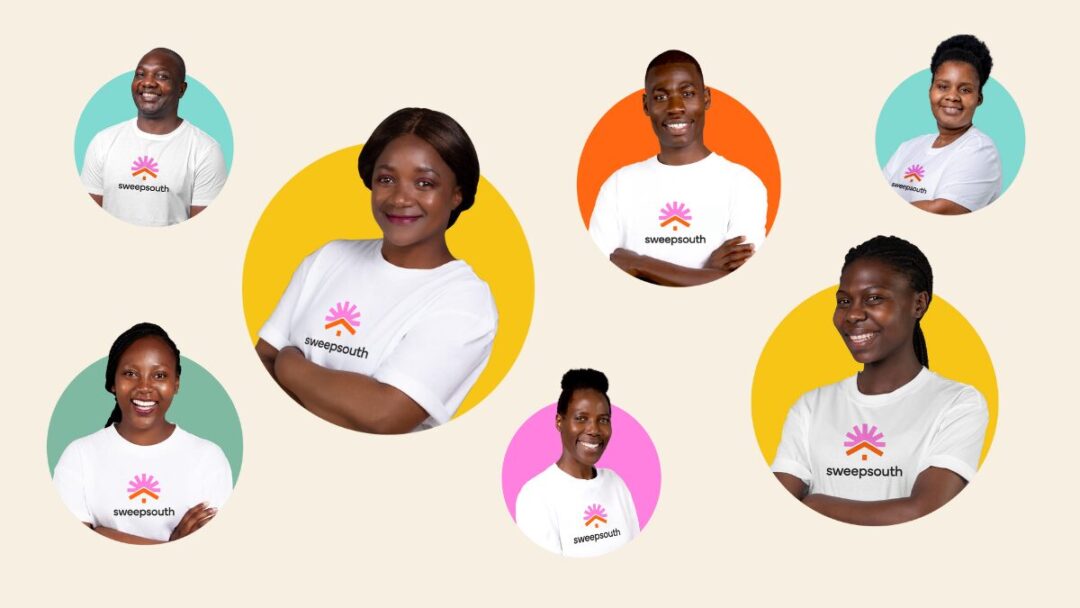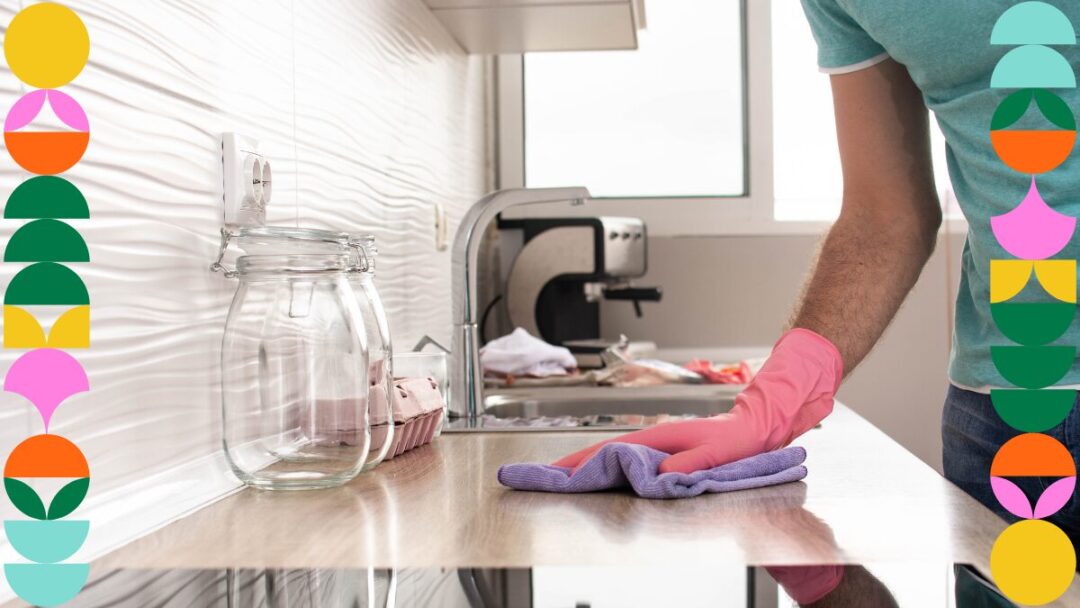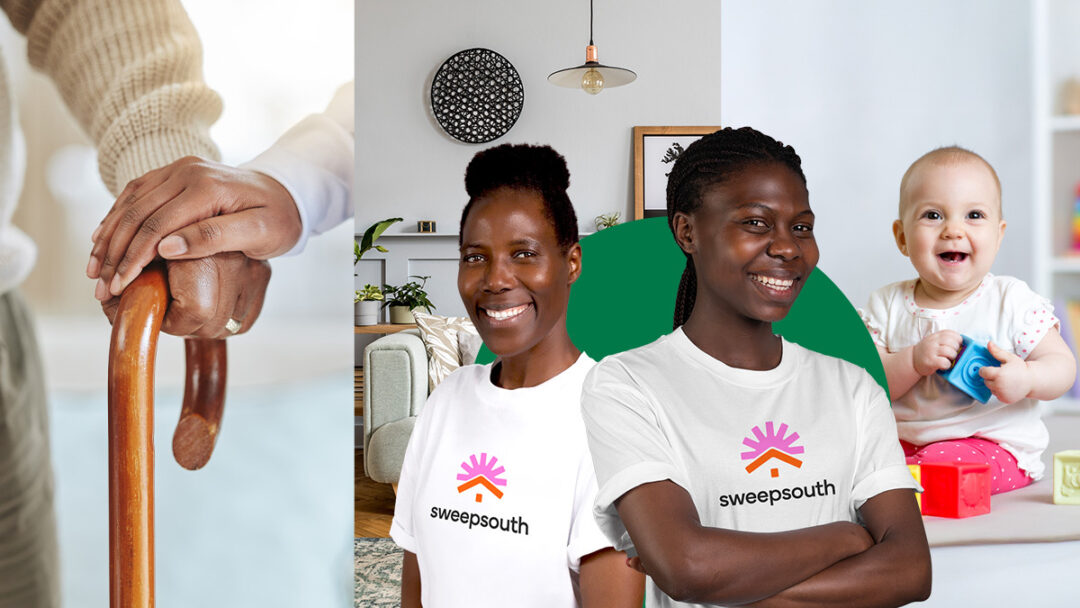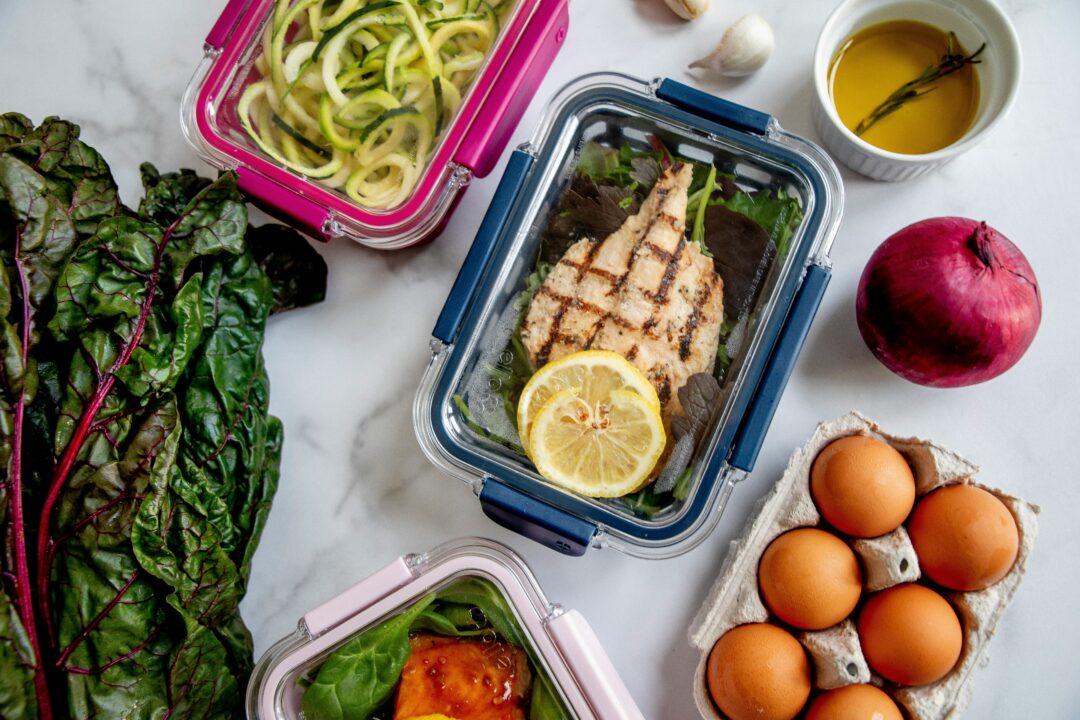– by Luke Kannemeyer
In President Ramaphosa’s speech last night and with the leaking of draft level 3 regulations, many found welcome good news. Some highlights include that the curfew will be lifted, there will be minimal restriction on outdoor exercising and alcohol will be allowed to be sold for consumption at home. The whole country will move to level 3 on 1 June. However, this comes with a strong caveat. Our government is giving us the chance to reopen most of the economy but it is up to us that we remain there. If we are in a designated coronavirus hotspot and infections continue to rise, we may see a return to level 4 or 5.
Ramaphosa emphasised that the most effective measures to curb coronavirus infection are the simplest to follow. We are to wash our hands regularly, wear a face mask, keep at least a 1.5 metre distance from other people, avoid touching our faces with unwashed hands, and clean all of the surfaces we touch regularly. However, simplest does not mean easiest. We all know that keeping our homes clean and hygienic is important but with most children still at home come 1 June and with the vast majority of us returning to work, managing the cleanliness of our homes is easier said than done. Thankfully, the draft level 3 regulations show that many more domestic workers are expected to be able to return to work.
The draft level 3 regulations state that domestic workers may not return to work unless:
- the worker is live-in
- the service is provided to essential and permitted service workers, the sick, mentally ill, elderly, people with disabilities and children; or
- the domestic worker is provided with private transport, either at the cost to the employer or without additional cost to the domestic worker.
If these regulations are finalised, this should effectively mean that all domestic workers are able to return to work. However, if you are not permitted to work under level 3 and your domestic worker’s duties do not include caring for children, people with disabilities or illness, or the elderly, you will have to provide private transport in order for your worker to return to work.
Our recent survey results show that 95% of our SweepStars wish to return to work under level 3. While I look forward to seeing domestic workers across the country return to work, it is vitally important that we bear the current risks in mind and continue to take safety precautions. If you or anyone in your household is considered to be at high risk for Covid-19 complications, I encourage you to facilitate a live-in arrangement during this time or to provide private transport. You should also pay similar attention to the health and well-being of your domestic worker and their family.
SweepSouth will only allow SweepStars to be available if they have passed an educational course on sanitisation cleaning, have access to the necessary protective equipment, confirm they and their household are free from symptoms on a daily basis and are not at high risk due to age or due to diabetes, immune, cardiovascular or respiratory illness. I urge you to do the same if you privately employ a domestic worker. If you establish that they are at high risk through disease or age, please do not force them to work, and continue to provide them with whatever support you can.
Similarly, we continue to urge you to contribute to the welfare of SweepStars who will not be able to return to work or may have reduced work during this difficult time. You can make a contribution via the details here.
Once again, it is particularly important to bear in mind that the draft regulations are subject to change. During the finalisation of level 4 regulations we saw significant changes between the draft and final regulations. Some may be hoping for changes in certain sections but I certainly hope this section remains unchanged and we see the safe return and restoration of livelihoods for the over 1 million domestic workers in South Africa.
